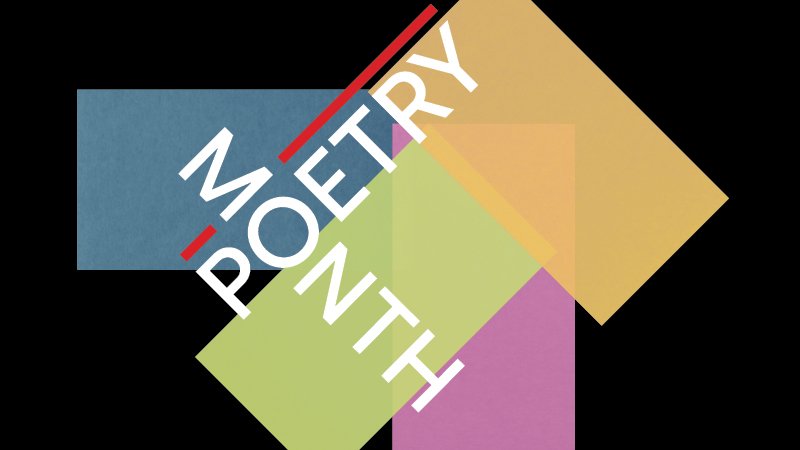Without Her
By Felicity Plunkett
Published 13 June 2024
When a body is found on a bike-path –
When a body is found in a garbage tip –
Where a body lies under a bridge, over a border
in the basement of a suburban home, washed up
on a beach, without her
hands, without her clothes, without
her name, the story can begin.
Without her,
there’s no story, no cast
-off stitches at the wrist
of a jumper, knitted rib by rib, neat.
Without her, the cast
fidgets and scrolls, unravels. The cast
of light across the bank that held her
breath falters, wintry.
She set off for school.
She set off after her nursing shift.
She set off for the laundromat.
As though all women ever do is set off
then someone stops us.
Last seen sitting at the bus stop.
Last seen buying chips on her way home.
Last seen getting into a car with –
All the seeing
of women. All that’s invisible –
hands, history, hopes. All that
bright violence casts her into a place
where there is no way she can speak,
nor a way to leave. The gag, the lies.
Without her
clothes, there is nothing between her body
and the lens. The watching, the want, without
her. Gazing at the puzzle of her limbs,
night after night. Sofa juror, Uber Eats sleuth,
amateur forensic crew. Now someone’s cut
out of her own life. Now someone
who survived the raised arm,
the blade, the wheel of falling
strap, flinches. Now someone’s secrets squirm
and shriek. Don’t tell. What’s as real
as night terrors, sharpening
their teeth in your body, flooding
your blood the way a disused tunnel
floods and flushes her body to the bank.
Police find your body
and take it apart. The puzzle, the job.
Don’t tell them it was you.
There’s a skull buried under
the apple tree. The bones of a hand roll up
one by one, from the deep dirt. When a body
gives up its secrets, cell by cell
I sure as hell won’t tell.
Carl Phillips writes: ‘any poem that has resonance will contain tension’ (The Art of Daring). Write a poem containing tension. This might be in the subject, language, lineation, rhythm, etc.
Tracy K Smith calls poetry a ‘radically re-humanizing force’, because it allows us ‘to name things in their realness and their complexity’. It lets us see things in the dark.


